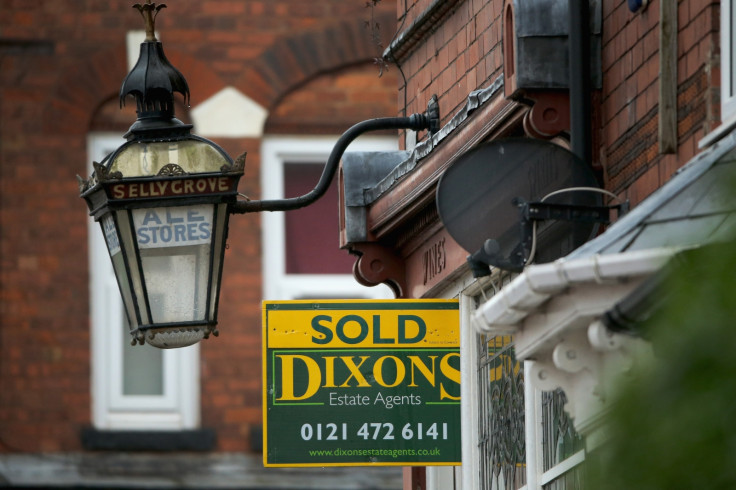UK house prices grow at slowest pace in three months as inflation bites
Nationwide figures show house prices declined 0.1% month-on-month in August after two consecutive months of growth.

Britain's housing market continued to cool down in August as prices declined during the month, dragging the annual rate of growth lower.
According to data released by Nationwide on Tuesday (29 August), the average price of a property in Britain fell 0.1% month-on-month in August to £210,495 ($272,570), marking the first decline after two consecutive months of growth.
The latest monthly drop lowered the annual rate of growth from 2.9% in July to 2.1% this month, the lowest level since May, which was also the lowest rate of growth in four years.
"The slowdown in house price growth to the 2-3% range in recent months from the 4-5% prevailing in 2016 is consistent with signs of cooling in the housing market and the wider economy," said Robert Gardner, Nationwide's chief economist.
Gardner added the slowdown in the market was somewhat surprising given mortgage rates remain close to an all-time low, while Britain's unemployment rate continues to run at the lowest level in over four decades.
Conversely, however, stagnant wages and rising inflation due to sterling's sharp devaluation in the 12 months following the Brexit vote have contributed to squeeze households' budgets, which has reflected in a slowdown in the housing market.
"Prices likely will continue to struggle to rise much, given that inflation still has further to rise, consumer confidence has deteriorated sharply since June and lenders intend to reduce the supply of unsecured credit," said Samuel Tombs, chief UK economist at Pantheon Macroeconomics.
"From February, new lending also will not generate borrowing allowances from the Bank's term funding scheme, raising the costs of credit significantly. Accordingly, we still think that prices will be up just 1.5% year-over-year in December."
Despite the slowdown, however, prices remain approximately 12% higher than their pre-crisis peak and Nationwide expects house prices to grow around 2%, mostly thanks to a shortage of properties available, with the number of homes on the realtor's book close to a 30-year low.
The latest report from Nationwide is in contrast with data released last week by UK Finance, the successor industry lobby group to the British Bankers Association, which showed UK mortgage approvals rose to a five-month high in July.
Some 41,587 mortgages for house purchases were approved by banks last month, up from 40,385 in June, and around 9% above July 2016; the month after the country voted to exit the European Union.
"Steady levels of mortgage activity seen through the first half of the year continued into July," said Eric Leenders, head of personal at UK Finance. "First time buyer numbers continue to be strong, helped in part by government schemes. But that has been offset by home movers, where a shortage of homes on the market is limiting their activity."
© Copyright IBTimes 2024. All rights reserved.






